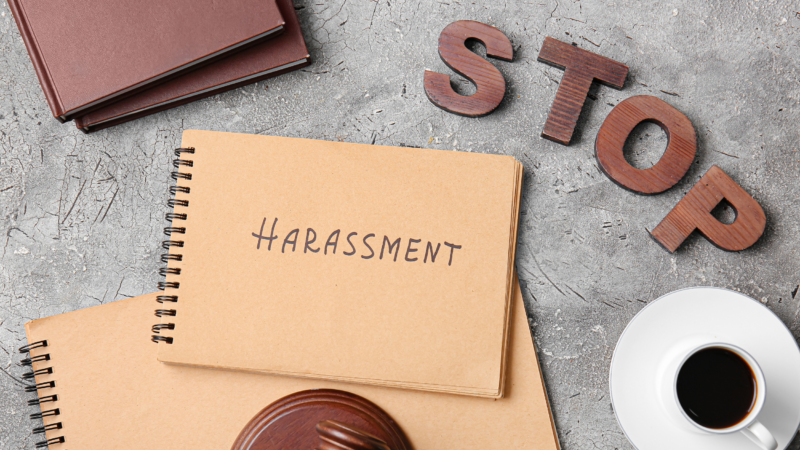
Karnataka Enforces POSH Act: Implications for Organizations
The Government of Karnataka has issued an official notification stressing the urgent need for strict implementation of the Sexual Harassment of Women at Workplace (Prevention, Prohibition and Redressal) Act, 2013, also known as the POSH Act, in accordance with recent directives issued by the Hon’ble Supreme Court.
Following the Supreme Court’s ruling in Miscellaneous Application No. 22553/2023, dated August 12, 2025, the notification directs all pertinent agencies to guarantee compliance in all state-eligible workplaces.
The Responsibility of the Labour Department: According to Section 4 of the POSH Act, the Labour Department is responsible for making sure that every workplace with ten or more employees has established an Internal Complaints Committee (ICC). The Act’s provisions must be followed if an ICC hasn’t been established.
A survey at the state level was ordered earlier on December 3, 2024. The Supreme Court has now reiterated that this survey must be carried out, with assistance from the State Chief Labour Commissioner and District Labour Commissioners, within six weeks of August 12, 2025, if it hasn’t already been finished.
It is the responsibility of all labour officers to confirm and guarantee that businesses and industries with more than ten employees have ICCs that are correctly constituted. Using the format specified in the order, they must also provide the District Administration with thorough compliance reports.
Within their respective jurisdictions, labour commissioners are tasked with supervising the process and guaranteeing complete compliance, which includes closely monitoring the survey and any necessary follow-up actions.
Conclusion:
The POSH Act was passed to protect women from sexual harassment at work and to establish a strong grievance procedure. Implementation holes have remained, nevertheless. The Karnataka Government’s prompt action in response to the Supreme Court’s directive aims to close these gaps and guarantee accountability.
- If your company has ten or more employees, make sure an internal complaints committee has been established.
- Keep accurate records and be ready to provide evidence of compliance.
- Provide staff with education and awareness campaigns regarding workplace harassment and how ICCs operate.
The Karnataka government’s action establishes a solid precedent for ensuring women’s safety at work and keeping employers legally responsible.







Leave a reply